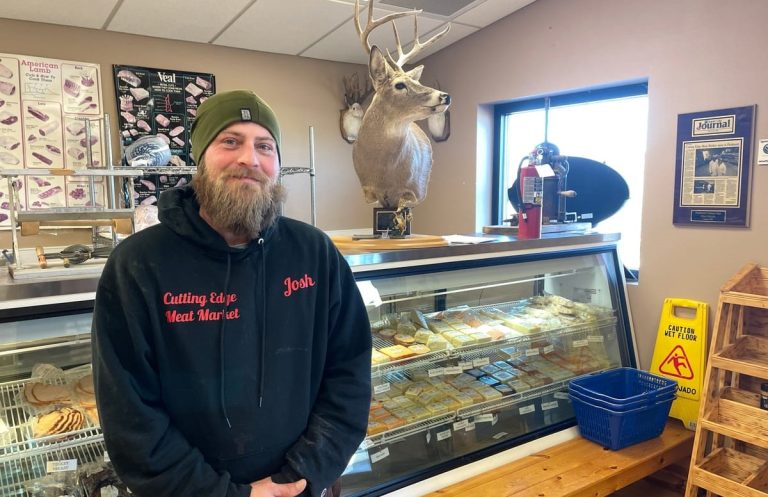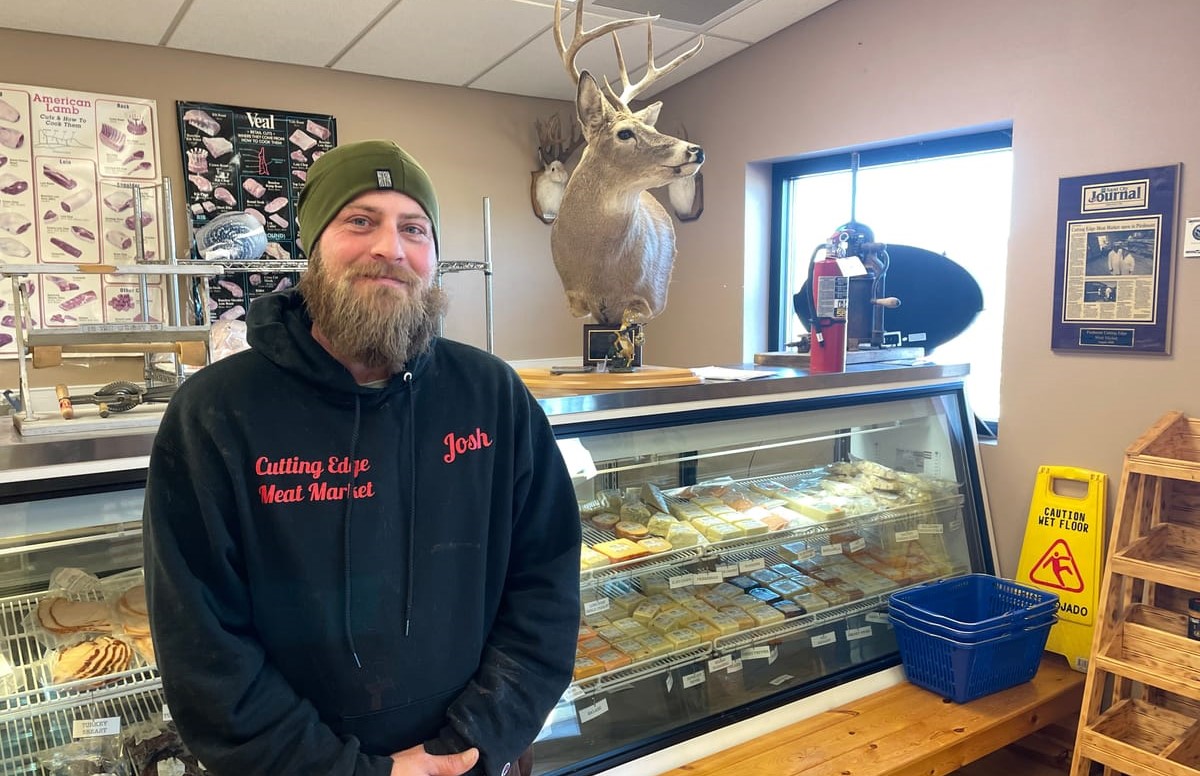BROOKINGS, SD – After identifying a need to provide more civic education opportunities for South Dakota youth, 4-H leaders and members launched the South Dakota 4-H Legislature to help 4-H members gain a better understanding of how state government operates.
Those efforts were awarded the Citizenship in 4-H Youth Development award at the National Association of Extension 4-H Youth Development Professionals (NAE4-HYDP) conference. The NAE4-HYDP is the professional organization for those dedicated to promoting, strengthening, enhancing and advocating for the 4-H youth development profession.

“Sometimes we get stuck in the mindset that good ideas only come from other places,” said Tim Tanner, South Dakota 4-H Program Director. “This team wasn’t afraid to challenge themselves and our 4-H program to try something new.”
Created in 2020, the program mirrors many aspects of how the South Dakota legislative branch functions, and it enables members to learn how they can impact laws and policies in the state, while serving as a voice for strengthening the South Dakota 4-H program.
Committee members include Caroline Hansen, 4-H Youth Program Advisor in Davison and Hanson counties; Jenae Hansen, 4-H Volunteer Development Field Specialist; Hilary Risner, Program Manager and Regional 4-H Youth Program Advisor; and Amber Erickson, former 4-H Field Operations Coordinator.
“Our county 4-H programs are funded by county commissions, their city parks are created by city councils, and their everyday school day is affected by the local school board,” said Caroline Hansen.
“Understanding why and how those individuals got into those roles and understanding the importance of all those levels can help them have a more-comprehensive understanding of civics in the country.”
Risner and Hansen attended the NAE4-HYDP conference to accept the award, network with other 4-H youth development professionals and attend sessions facilitated by colleagues from around the country. In addition, the pair presented on the South Dakota 4-H Legislature Program during the Global Civic Engagement Luncheon hosted by the 4-H youth development Civic Engagement Working Group.
4-H members can get involved in the program by serving as a candidate/legislator or as a constituent. Legislative candidates include senior age division 4-H members interested in becoming directly involved in the program’s leadership opportunities.
All enrolled South Dakota 4-H members serve as constituents for the program and can engage in the process by signing petitions, voting for candidates, voicing their concerns to their elected legislators and observing the legislative process.
While running for office, candidates collect petition signatures and run a campaign. Once elected, legislators participate in a series of webinars to learn more about the legislative process before they begin writing bills for the mock legislative session.
During the legislative session, legislators present their bills in committee meetings, hear proponent and opponent testimony on each, and vote whether to send the bill to the house floor, where the bill will be discussed and voted on, much like how bills make their way through the South Dakota Legislature.
The session, held on the floor of the South Dakota House of Representatives, also provides 4-H members with the opportunity to sit in the same seats as state lawmakers.
Because bill topics are about 4-H, legislators’ ideas, bills and resolutions have shaped some of the statewide and local 4-H initiatives.
In its first year, 318 4-H members voted for 24 elected legislators. Jenae Hansen notes how the program has evolved over the past two years.
“We’ve seen our 4-H legislators express interest in running for office as adults, take interest in serving as pages with the South Dakota legislature and take additional interest in shadowing South Dakota legislators during session,” said Jenae Hansen. “These are opportunities they may not have had or known about without the program.”
“To see their creativity and hard work payoff is rewarding,” said Tanner. “Our entire 4-H team celebrates them in this well-deserved national recognition!”
The program typically runs from March to October, with voting for legislators occurring in late May and the mock legislative session in Pierre rounding out the year in October.











